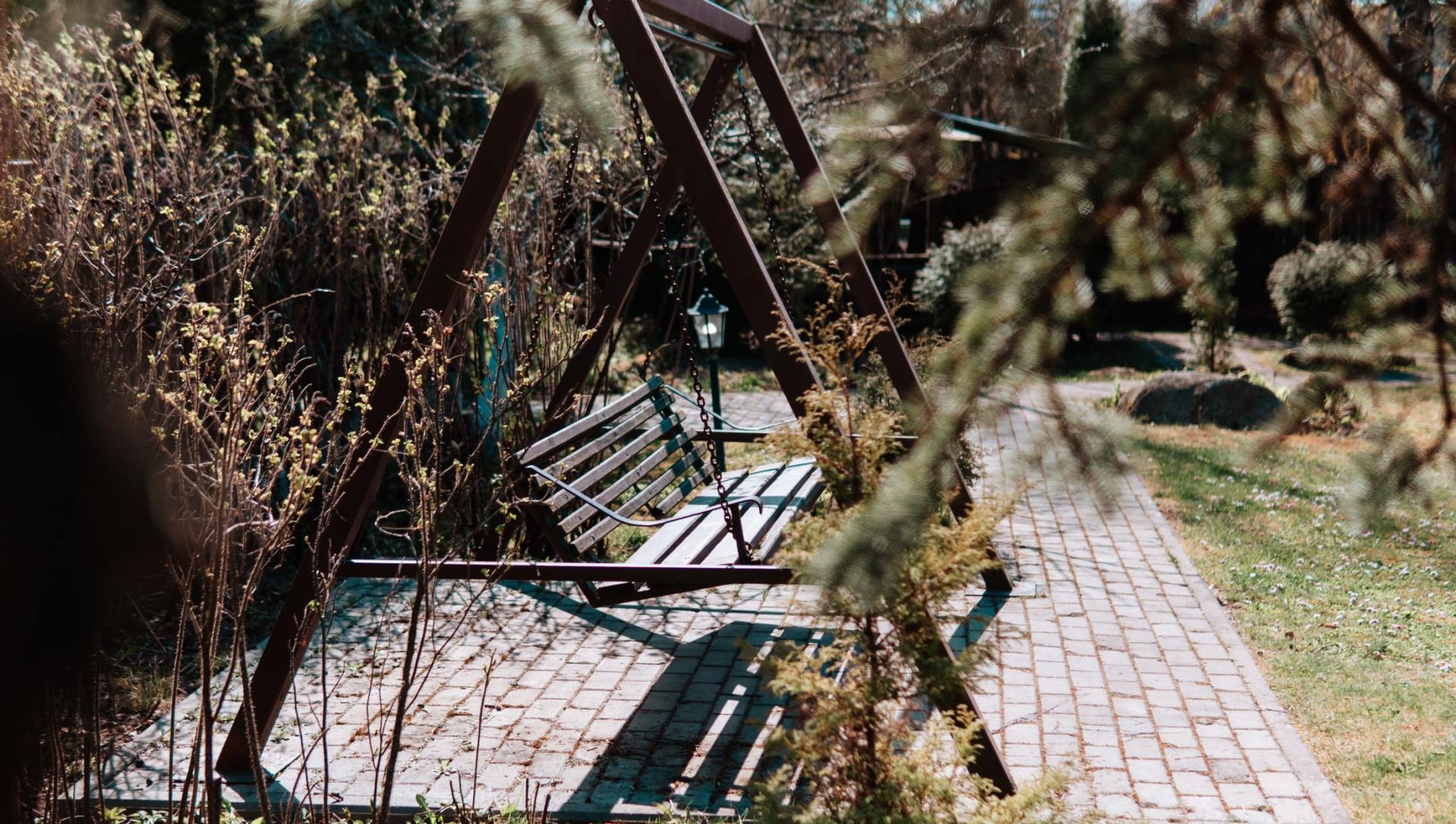Eudemonics* describes the act of human flourishing and living one’s absolute best life. Eudemonics should not be confused with hedonics, which is the desire for a life free of struggling and hardship, encompassing only positive emotions and the regular act of seeking what feels good. Hedonism is the idea that happiness is defined by the total proportion of our lives we spend enjoying ourselves, experiencing pleasure, or feeling delight and ecstasy. Hedonism comes from “hedone,” the ancient Greek word for pleasure (Hall, 2019). The ancient Roman Empire is a great example of a culture that sought after and dedicated much time to obtaining hedonics. Unfortunately, it was hedonic living and a constant search for happiness in the absence of ethics that eventually led to the collapse of a previously mighty society. Although hedonics feels great, the pleasure is temporary.
In my quest to fully understand what it means to live a eudemonic existence, I've researched and read an extensive number of journal articles and books, ranging from the concept of self-actualization to theories of Positive Psychology. Eudemonics was initially a term coined by the ancient philosopher Aristotle in his pursuit to describe a life worth living. He describes eudemonia and Aristotelian ethics as “self-realization, finding a meaning and the flow of creative involvement with life” (Hall, 2019). Aristotle believed that hedonics and positive emotion was only part of living a good life. He argued that hedonics alone was nothing to strive for, as this is a state of being that could be achieved by pigs. Aristotle desired to apply himself to a set of principles in order to train himself to be good, by working on his virtues and controlling his vices (Hall, 2019). He believed that only then could one discover a happy state of mind. This happy state of mind comes from habitually doing the right thing. Aristotle argued for Virtue Ethics. Virtue Ethics is a moral and psychological excellence that does not lie in material possession or bodily splendor. With virtue ethics come a number of obstacles (Hall, 2019).
I recently read a book called The Book of Joy, in which His Holiness, the Dalai Lama and the Archbishop, Desmond Tutu were interviewed regarding a number of questions around our human desire to obtain true joy. Both of these men were awarded Nobel Peace prizes. Despite their differences in religious and spiritual matters, they agreed on a number of principles around living a full and joyful existence. Neither of these holy men described material possessions, an easy life, a great job, positive emotion, phenomenal kids, or hard-working spouses as the epitome of what one would need to experience true happiness in their lives. Rather, both of them emphasized compassion towards others as the key to experiencing joy and contentment in life. Both holy men, not unlike Aristotle, believe in a set of virtues or ethics as guidelines for living a eudemonic life. Both men also stress that oftentimes eudemonia and pure joy proceeds from extreme difficulty or some amount of trauma in one’s life.
The Dalai Lama stresses that we as human beings cannot avoid suffering. We cannot avoid loss, and we certainly cannot avoid disappointment. Both of these men, who are widely sought after for their spiritual wisdom, have noted that their own understanding of the ability to experience joy and their embracing of eudemonics only came after extraordinarily challenging life events. The Dalai Lama was exiled from his beloved Tibet when he was only 23 years old. The Chinese government refused the Tibetans basic freedoms to study Buddhism and practice their native language. They sought to completely wipe out Tibetan culture. The Dalai Lama took up residence in India, where he continues to teach and provide spiritual guidance around an individual’s right and responsibility to live their best lives, to realize their potential, to practice regular compassion and empathy, and to live according to their own virtues, ethics and principles despite whatever daily hardships they encounter. Desmond Tutu has been a longtime activist against apartheid in South Africa and has fought against an oppressive government for human rights.
Neither of these men had easy lives, yet they are both arguably self-actualized and the living embodiment of eudaemonic living. The curious aspect of these two men is that despite their hardships (and they actually argue that it is because of their hardships) they have discovered true and pure joy. Both men often speak about the importance of giving, both spiritually and materially. They both emphasize that we are all united as brothers and sisters and that all 8 billion of us are interconnected as humans. Therefore, they believe deeply in the responsibility to care for one another. They believe in the responsibility to give of themselves tirelessly. Surprisingly, they also both strongly believe in having a good sense of humor to get through difficult times and not taking themselves too seriously. The Dalai Lama is quoted as saying “Happiness is not something ready made. It comes from your own actions” (Tutu, Abrams, Chau & James 2016). A life of eudaemonia therefore takes work. Whereas hedonics can be thought of as following your bliss, eudemonics can be thought of as "following your blisters" (Rose, 2020).
Both the Dalai Lama and Desmond Tutu have dedicated their entire lives to encompassing and practicing compassion and lifelong learning while embracing wisdom. They believe that this combination can lead anyone to a path towards eudemonics. What makes these two spiritual leaders lovable and human Is their ability to laugh, to enjoy the simple pleasures in life, and tp take time to connect and build meaningful relationships. While it is immensely important to do the very difficult work of following one's virtues and discovering and utilizing one's gifts and talents towards a path of eudaemonic living, it's also critical that we take time to be mindful, to enjoy the moment and, essentially, to stop and smell the roses.
*Eudemonia may also be spelled eudaimonia or eudaemonia.
References
Bstan-ʼdzin-rgya-mtsho., Tutu, D., Abrams, D. C., Chau, F., & James, P. F. (2016). The book of joy: lasting happiness in a changing world.
Unabridged. [New York] : [Westminster, MD]: Penguin Random House.
Hall, E. (2019). Aristotle's way: how ancient wisdom can change your life.
New York: Penguin Press.
Rose, N. (2020). Following your Bliss vs. following your Blisters. Mappalicious: The German side of positive psychology.
https://mappalicious.com/












